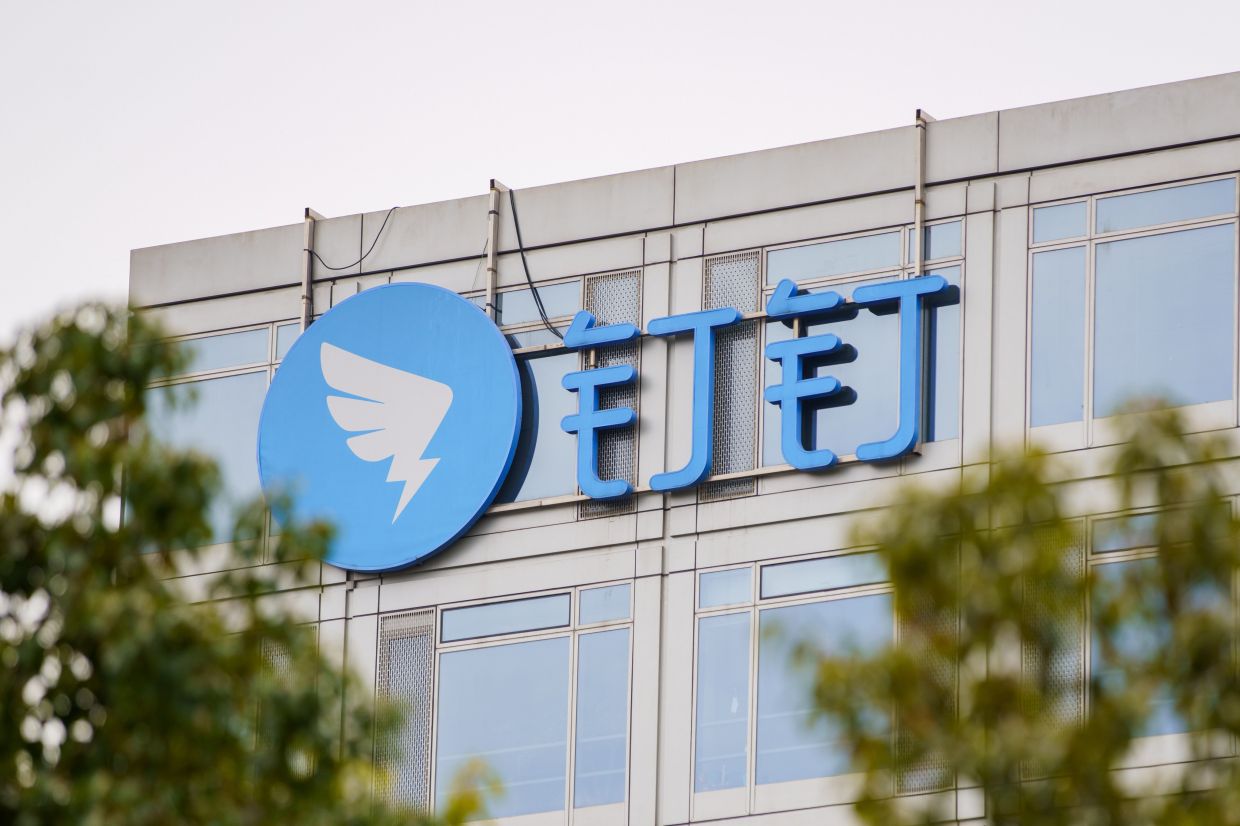The latest artificial intelligence gadget in China is a credit-card sized note-taking recorder from Alibaba Group Holding’s DingTalk unit, as Chinese firms introduce rival products to Plaud, the popular AI note-taker developed by a US start-up.
Alibaba-backed workplace collaboration platform DingTalk last month unveiled an AI-powered voice recorder – able to record and transcribe voices and present them in various content formats such as minutes – joining a wave of Chinese tech firms that are baking AI into hardware products.
Unveiled in late August at a corporate event commemorating the 10th anniversary of the office tool, the DingTalk A1 recorder packs various AI capabilities – from meeting transcriptions and summaries to real-time translation in multiple languages – into a form factor of similar size and weight to a stack of several credit cards.
The recorder’s transcription capability was developed in partnership with Alibaba’s Tongyi AI lab, using over 100 million hours of audio content for training, enabling it to “understand” more than 100 languages and 30 Chinese dialects as well as jargon across 200 industries, DingTalk chief executive Chen Hang said at the unveiling of the gadget.

Its AI-powered multilingual ability makes it a personal “AI office assistant”, as the company described it, allowing any office worker to take meeting minutes, conduct real-time translation and summarise lengthy recordings without human intervention.
The DingTalk A1 comes in two models priced at 499 yuan (US$69.98) and 799 yuan. By comparison, the newly launched Plaud Note Pro is priced at US$179.
DingTalk’s release of its AI gadget comes on the heels of a similar product from AI hardware maker Mobvoi, as more Chinese firms ride the wave of integrating AI into gadgets.
In June, Beijing-based Mobvoi launched TicNote, which supports live transcriptions and translations of everything from office meetings to school lectures.
TickNote was priced at US$159.99 on the company’s website and on Amazon.com.
These gadgets come at a time when the AI hardware market – excluding AI phones and AI-integrated vehicles – is expected to reach 1.1 trillion yuan this year and see rapid expansion over the next five years, according to consultancy Runto.
Liu Chuang, a researcher at Runto, said the explosive growth in China‘s AI hardware market was driven by a combination of factors, including Beijing’s policy support for the use of AI in the public sector, the country’s tech self-sufficiency drive that paired local AI systems with domestic hardware, and an AI facelift happening across traditional sectors.
AI was seeing a varying degree of penetration in different consumer electronics segments, according to Runto, ranging from as high as 90 per cent in robot cleaners to around 50 per cent in the personal computer industry, where brands from Lenovo to Huawei have been racing to adopt AI into their products to boost consumer appeal.
The consultancy expected the Chinese AI hardware market to more than double by 2030, reaching 2.5 trillion yuan.
Alibaba owns the South China Morning Post. – South China Morning Post






